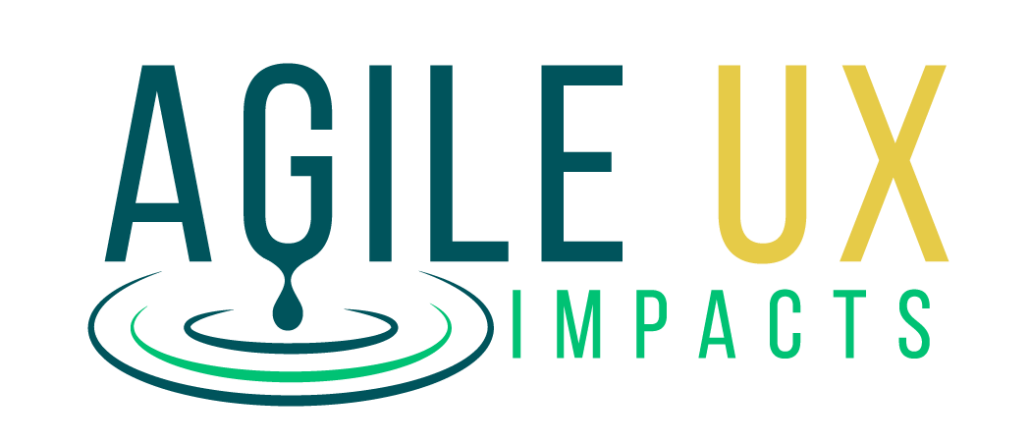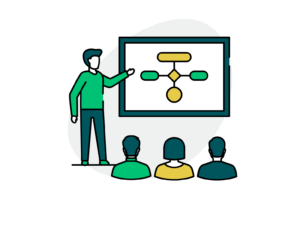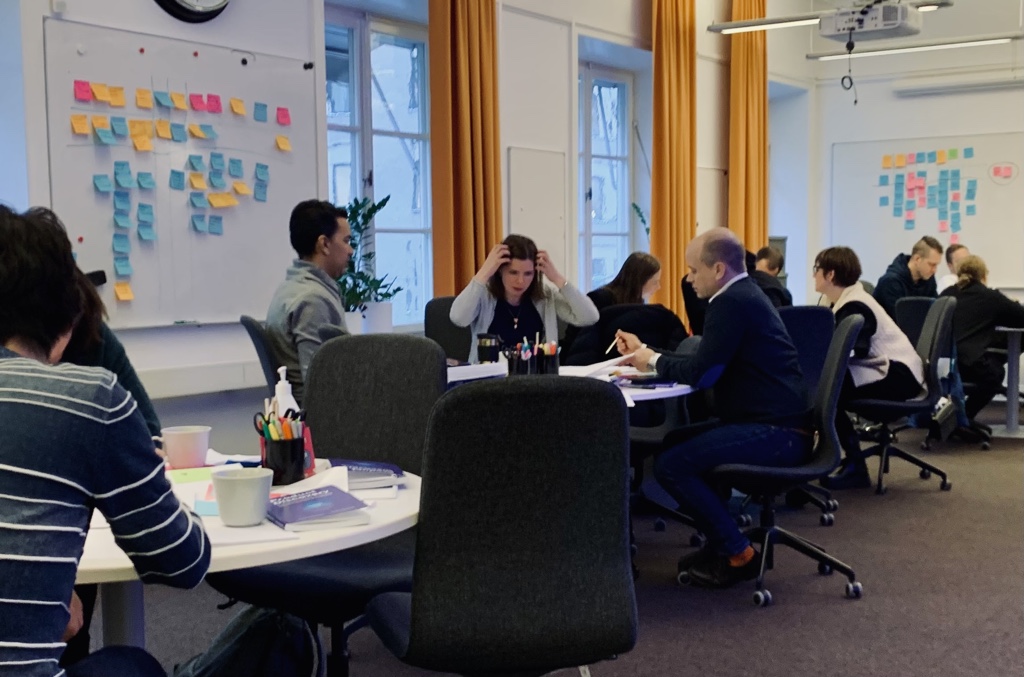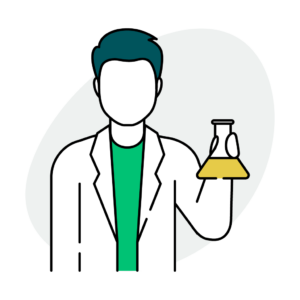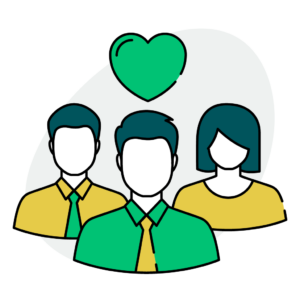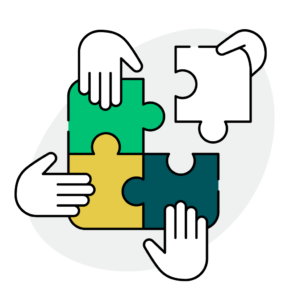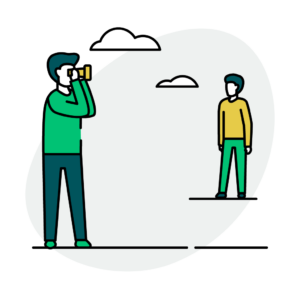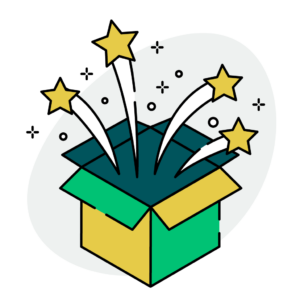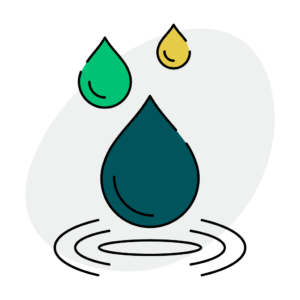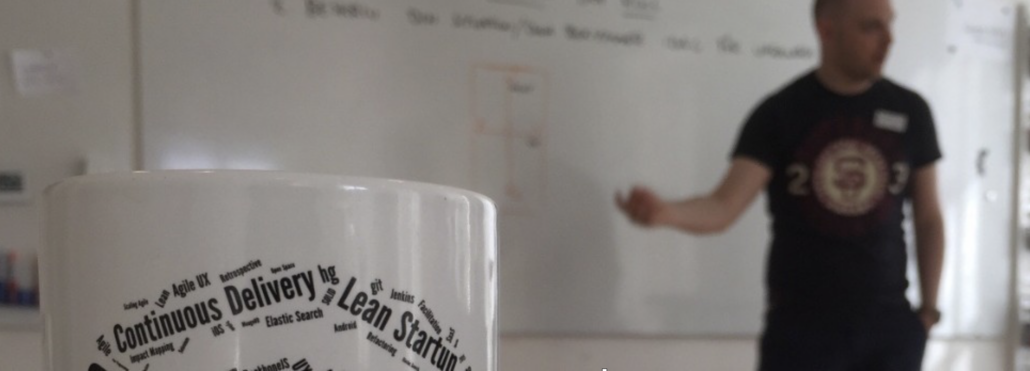Training teams and individuals
Learning new concepts is a key to improvement. Training is one way of getting there. I have been teaching since the late 90’s in a plethora of subjects using different methods such as Accelerated Learning / Training from the Back of the Room, Constructivist, Flipped Classroom, Project-Based Learning and Teacher-centric. All have their uses.
Trainings can be tailor-made or standardised, short or long, public or private, as nuggets over a period of time or a one-time thing, at your place or mine, or even online.
Upcoming trainings
Product Discovery training at Crisp in late 2021
Current training topics
Product Discovery
One of the biggest problems with software development is that a great deal of what is built does not reach the intended impact. The most obvious reason for this is that one rarely focuses on building a product / service that meets the business goals, benefits from the technology and provides a desired user experience at the same time. Scrum, XP, Kanban, Test Driven Development, Continuous Integration, Continuous Delivery and the like are all necessary to build a product / service correctly. Product Discovery is a collection of frameworks and tools that ensure that we also build the right product, with the least possible waste.
Viability, desirability and feasibility can be achieved at the same time.
This course is for Product Owners, UX-designers, developers or others who works in an agile team and wants to ensure that the right product gets built.
After this course…
- You will understand what characterises a good Product Discovery methodology
- You will know which of the usual Discovery frameworks and which tools best suit your context
- You will be able to create a successful product / service 🙂
High-risk Discovery
Lean UX and Lean Startup are methodologies for quickly and cheaply learning so much about a problem or an idea as possible. This is done by ruthlessly validating assumptions about the problem, the customer, the customer’s needs, the solution proposals and the criteria for success.
The best way to create a product that becomes a hit is to understand what makes a hit. This is different for each domain and idea, but LeanUX and Lean Startup help to build the right solution in a cost-effective way.
And it is true that life is too short to build something that no one wants!
This course is for everyone who works with product development in some way and wants to know that you’re always on the right path. You may be UX designers, product owners, entrepreneurs, requirements managers, developers or business analysts. Your product or service need not be digital, the methodology is holistic and independent of platform.
After this course…
- You will be able to validate your ideas together with users and towards the market
- You will be able to incorporate Lean UX and Lean Startup methods within your current process
- You will know how to explore assumptions about the problem and the product idea to deeply learn
- You will be able to create hypotheses and experiments (so called Riskiest Assumption Tests) to validate the hypotheses
Collaboration
Everyone agrees that it is important to collaborate in an organisation, within a team, between teams, and between individuals. But rarely, there are good advice on how to do it. This one-day-workshop (face to face or remote) aims at creating great collaborators out of the participants by supplying them with the missing pieces of the collaboration puzzle.
The workshop starts with a simulation, showing several different ways of collaborating, because as with so many other things, collaboration is not something that is just on or off. Some forms feel really efficient, some are actually really efficient and some also give the right outcome. And, not to forget, some forms of collaboration fit some people. Understanding where the participant fits and what their ambitions are sets the base for how the collaboration might be improved. Methods, both on macro- (organisational/process) and micro-level (individual/technique) are explored to find ways of working fitting the participant’s context and predisposition. The participant will leave the workshop with a realistic plan for improving their collaboration as well as a way of thinking that will make them competent in helping others to improve.
One participant (among many) said that this workshop has given her a language around collaboration that helped her connect to other people on a higher level and together actually build something really valuable.
This workshop is for everyone who works with other people. The examples are mainly from IT but the methods, principles and models are generic. No prerequisites needed.
After this workshop…
- You will be able to improve your collaborative activities and process
- You will know what collaboration actually is
- You can separate collaboration from cooperation and other forms of interaction
- You will know best practices when communicating and collaborating within your team
- You will know best practices for your teams cooperation with others
- You will be able to improve your personal collaboration and communication skills
- You will be able to help others improve, since you can identify levels of collaboration
Deliberate Developmental Coaching
Open up abilities to handle more complex situations, by understanding others better. and taking deliberate and thoughtful actions, through creating a Deliberate Developmental Environment for learning, understanding, sense-making and levelling up…
A way to broaden your perspectives.
This coaching is for anyone who, to paraphrase Morpheus in The Matrix, feels that there is something you know you can’t explain, but you feel it. You’ve felt it your entire life, that there’s something wrong with the way we work and act in the organisation. You don’t know what it is, but it’s there, like a splinter in your mind, driving you mad.
By joining these sessions, you will develop the capability to handle more complex situations in your daily work, in your self-leadership, your communication and “chemistry” with others, your structuring of information and your selection of tools to solve your problems. And you will understand what is wrong in the Matrix and be able to change it.
We meet once every week for an hour to get new perspectives which you probably haven’t thought about, both about your self and the environment around you. These perspectives have the potential to change things for the better. During one session, the perspective for the session will first be presented and then we will use that perspective to make sense of our current challenges together.
Approx. 10 sessions (give or take, depending on how fast we progress) is included in the concept. Can be done 1-on-1 or in a smaller cohort. Easy to do over Zoom while using Miro as a workspace.
User Research
I bet that you would want your product to be usable and desirable for the end users. You’ll learn a lot when meeting actual users and you’ll get better arguments for your ideas. When you know that you’re building something that there is a need for, work gets to be really fun. Your only problem is how you should meet and talk to users.
This course gives you a practical toolkit and process to interview users and make sense of the result.
This course is for people working with some kind of product development, lacking the tools to learn about the users’ needs.
After this course…
- You know how to find the right users to interview
- You know which method to use in what context
- You know how to elicit the needs of the users and make sense of the result
Innovation tools
Getting ideas is not the problem. All organisations have more ideas than what they can do something about. But in order to discover the ideas that give the impacts you want to create, a good methodology is needed. This course gives you proven tools for highlighting ideas from different perspectives and getting the buy-in to implement them.
This course will give you a toolbox for innovation and you will know which tools should be used when you have innovation workshops in your organisation
This course is for everyone who are passionate about creative processes and want to get serious.
After this course…
- You will be able to hold a great and impactful innovation workshop on your own.
Structure for Impact
Product strategy is a structured way to reach the intended business outcome. Three very good tools to do this are
Impact mapping, Opportunity Solution Trees and User story mapping
Impact mapping is a strategic planning technique during the discovery phase that will help organisations manage flexible roadmaps for iterative and incremental delivery, by clearly communicating assumptions, helping teams align their activities with overall business objectives and user goals. Impact mapping can help you build products that make an impact for both your customers and your business, not just ship software.
Opportunity solution tree is similar to Impact mapping, but structuring the information in a slightly different way, focusing on strong prioritisation and learning / validating assumptions through experiments.
User story mapping helps you envisage the entire product or service, through the eyes of the user. Connected with the impact map it is easy to continuously prioritise every new idea/feature on its business value, user value and feasibility.
Finally you can create a product strategy that can achieve the intended business and user impact with ease!
This course is for everyone working with services and products.
After this course…
- You can create a good vision and strategy for your product
- You are able to ensure that you’re building the right product
- You can make an impact with software products and projects
- You know how to communicate overall goals and vision
- You are able to connect the goals and vision to specific user journeys and user stories
